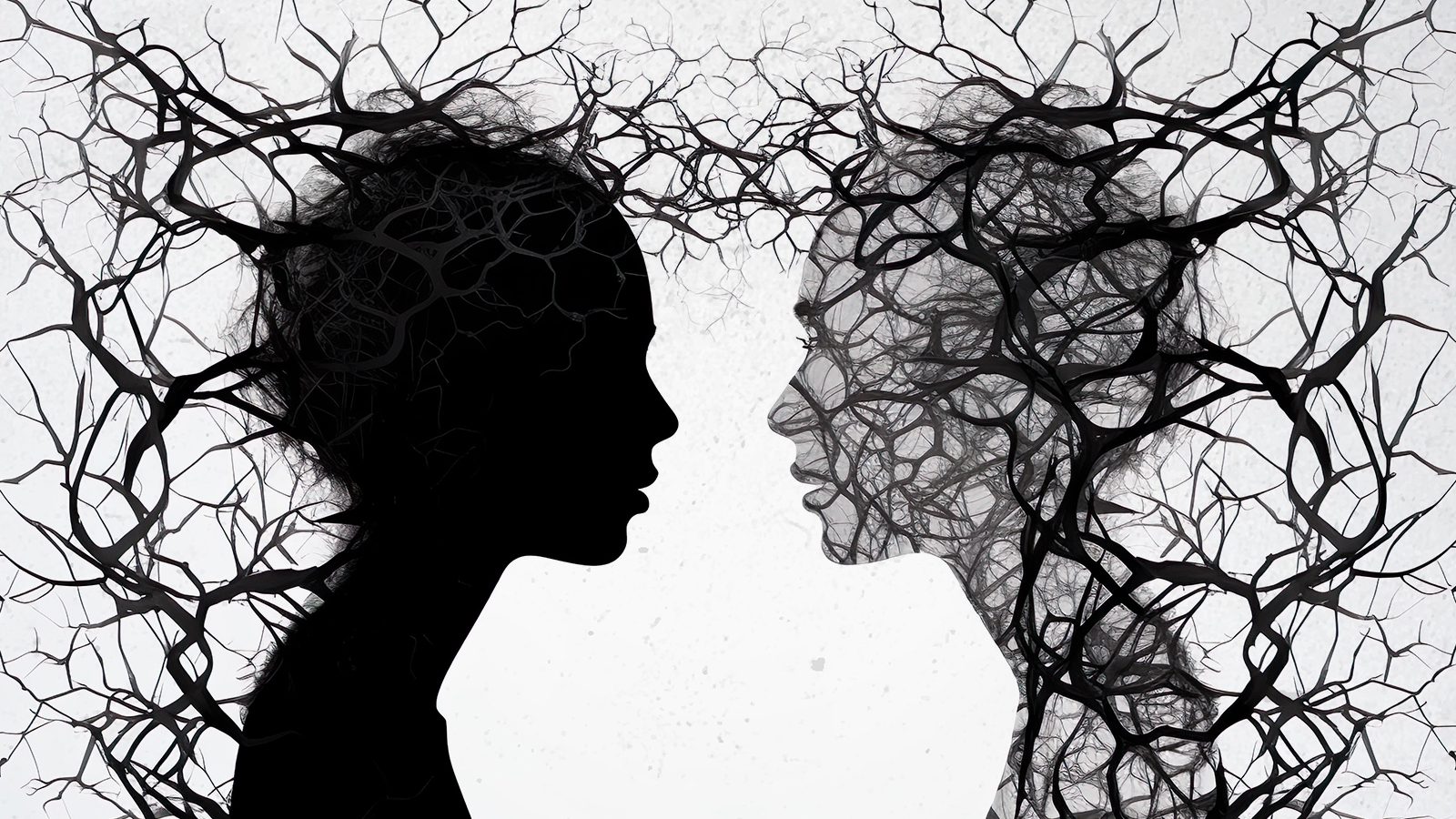Dealing with a narcissist can sometimes seem frustrating and downright hopeless, especially if you’re close to them. Many people have someone in their lives who suffers from Narcissistic Personality Disorder (NPD) or at least exhibits some of these traits. While we can’t always run away from these relationships, we don’t have to be a victim to others. Knowing the difference between empathy or compassion and people-pleasing behaviors is important.
Narcissists feed on people with low self-esteem and those with a kind, giving spirit. They use their outgoing personality and charisma to gain others’ trust, and it works like a charm most of the time. A narcissistic person can read others like a book and know the signs of an empathetic person quite well. Therefore, they can easily manipulate unwitting people who don’t have their guard up or believe it’s their job to help others. If you’ve been in that situation, please don’t beat yourself up; we must learn through various life experiences.
However, knowing how to protect yourself and heal from the relationship is vital so you can move forward. By understanding narcissists, you can equip yourself with the right strategies to ensure they don’t undermine your self-worth. Below, we’ll discuss how narcissists trick empaths into trusting them and how you can shield yourself from the damage.
Understanding Narcissistic Personality Disorder (NPD)
What is NPD?
NPD is a severe personality disorder characterized by inflated self-importance, lack of empathy, and a constant need for praise. Other common symptoms include manipulating others, acting arrogantly, being sensitive to criticism, and embellishing achievements. People with this disorder may also expect special treatment because of their perceived importance. However, despite their apparent confidence, people with NPD have fragile egos and feel empty inside. They project their “false” self as a defense mechanism so others can’t hurt their feelings.
The Importance of Empathy
Empathy is critical in all human relationships, as bonding would never happen without this innate survival instinct. Having compassion for each other allows us to solve complex problems and work together to overcome challenges. Without love and kindness, the entire world would likely implode and devolve into chaos. However, when it comes to relationships with a narcissist, you must know when to draw the line.
Since they take more than give, you must protect your well-being and remember self-love. In this case, the role of empathy makes an even greater impact as you learn how to love someone without carrying their problems as your own.
Steps to Empathize with a Narcissist
Empathizing with difficult personalities starts with developing the practice of empathy. Just because someone struggles with inner demons doesn’t mean they don’t deserve love and compassion. Regardless of background or personality, everyone deserves basic respect and decency, but you don’t have to sacrifice yourself to offer kindness. Below, we offer some steps on learning to empathize with a narcissist without drowning in their problems.
- Reflecting without absorbing: This step involves practicing active listening without feeling responsible for their problems. You can always offer advice objectively and not allow yourself to get carried away by their struggles. Reflect on their empathy and concern, but don’t let yourself become a doormat for others’ problems.
- Validating feelings without validating harmful behaviors: A narcissist will always seek external acceptance since they feel empty and miserable inside. Therefore, you must learn to separate the behaviors from the person, knowing they’re fighting a difficult battle. You can acknowledge their feelings without accepting or condoning actions that harm themselves or others.
- Seeing the child within: At their core, a narcissist resembles a small child or teenager, never having developed the proper skills to assimilate into society. They may act tough and resilient but have a fragile, easily scarred ego that constantly seeks safety. Much like a child who throws a tantrum, a narcissist builds up their ego so others can’t hurt them. Many people with NPD have suffered immense childhood trauma, whether verbal, physical, or sexual. They need years of therapy to undo harmful programming from childhood and learn how to adapt in emotionally healthy ways.
Setting Boundaries to Protect Yourself
If you’re close to someone with NPD, you’ll need to establish firm boundaries so they can’t take advantage of you. This may involve making time for self-care and letting them know you need this time to recharge. It could also mean texting, calling, or seeing them less frequently if the relationship causes you stress. In addition, learn how to accept and love yourself without needing so much approval or direction from them.
If you can develop self-love and compassion, they won’t have so much power over you. Protecting oneself in challenging relationships is crucial to maintaining physical and mental health. Boundaries and self-preservation are vital in any relationship, especially those that include frequent manipulation or power struggles. Remember to empathize with someone without enabling harmful behaviors by keeping your life separate.
Common Pitfalls of Empathizing With Narcissists and How to Avoid Them
It’s common for many empathetic people to give too much of themselves away and feel depleted of energy. They often feel responsible for others’ sorrow and want to help, something that the world could use more nowadays. However, wanting to save others without first getting your house in order will only lead to self-destruction. Ensure you practice self-care by eating healthy, exercising, meditating, getting proper sleep, and having supportive relationships.
Once you feel mentally and emotionally strong, you’re in a positive place to serve and help others. Navigating narcissistic relationships has many challenges, but you don’t have to accept manipulation and heartache. Practice grounding exercises and learn to rely on your divine light for guidance.
Final Thoughts on Having Empathy for Narcissists Without Losing Yourself
As with anything in life, you can’t pour from an empty cup. That includes having relationships because giving too much without receiving anything in return will lead to resentment and frustration. You must learn to empathize with people and have compassion without compromising your values or integrity. Balancing empathy and self-care is crucial if you want to maintain healthy, harmonious relationships. Understanding narcissists without harm will help you learn to establish clear boundaries and heal your heart. Also, realizing empathy’s limits and strengths will give you a path forward in harmonizing all your relationships.
















 Community
Community

